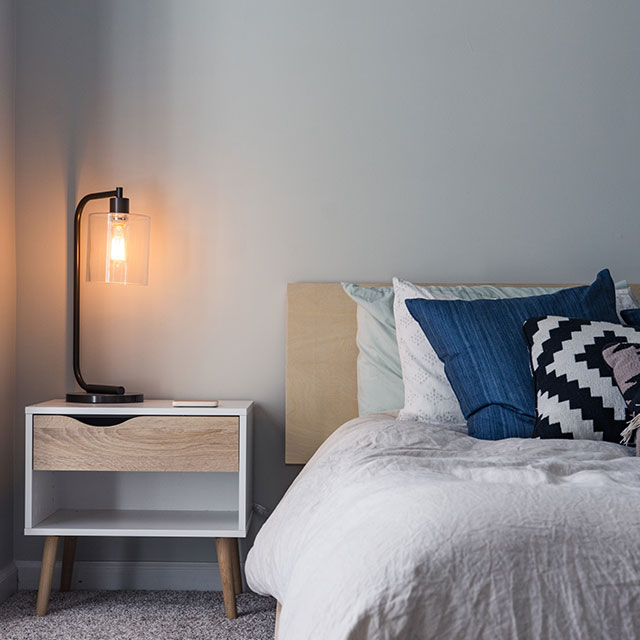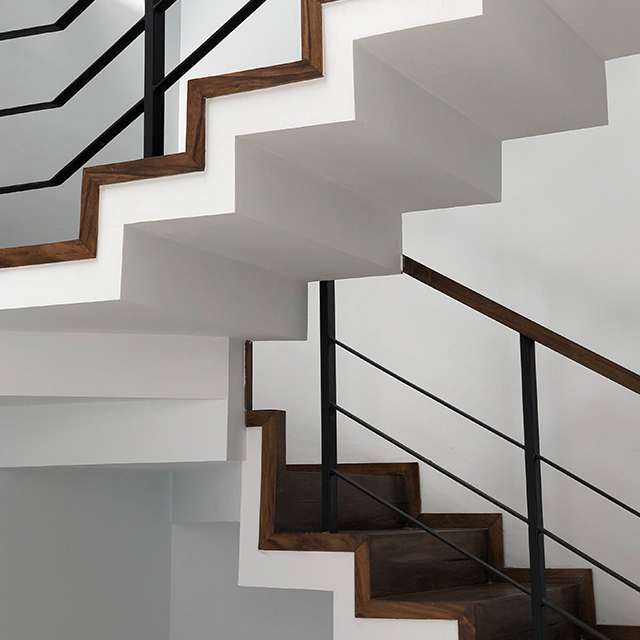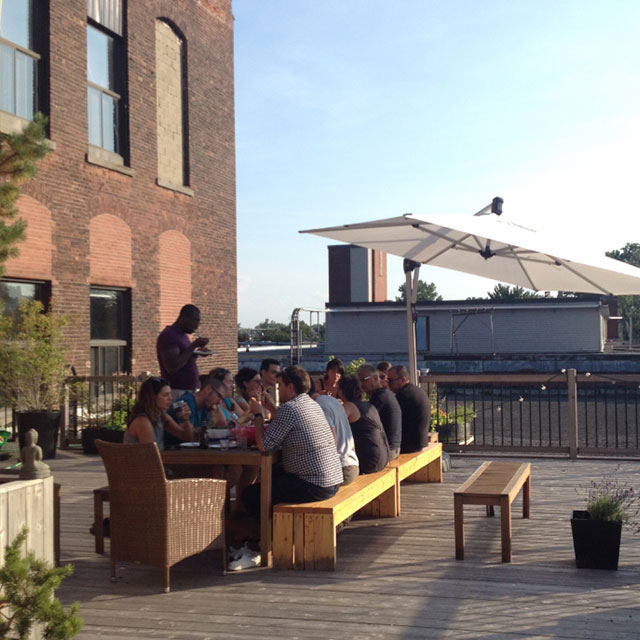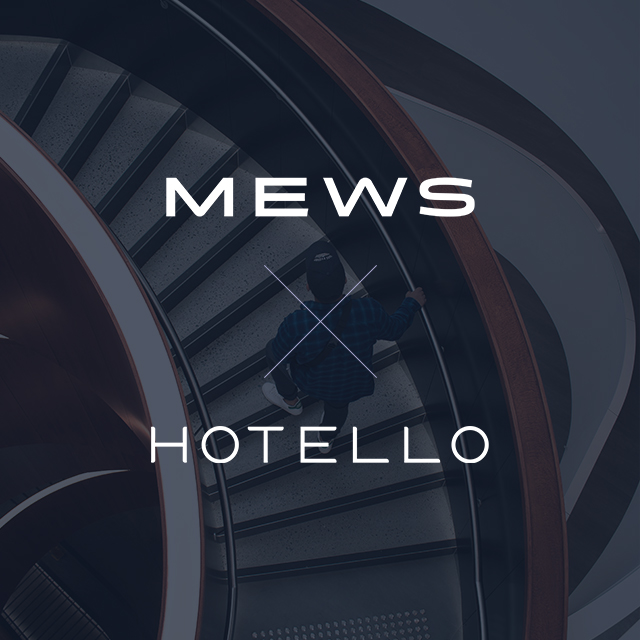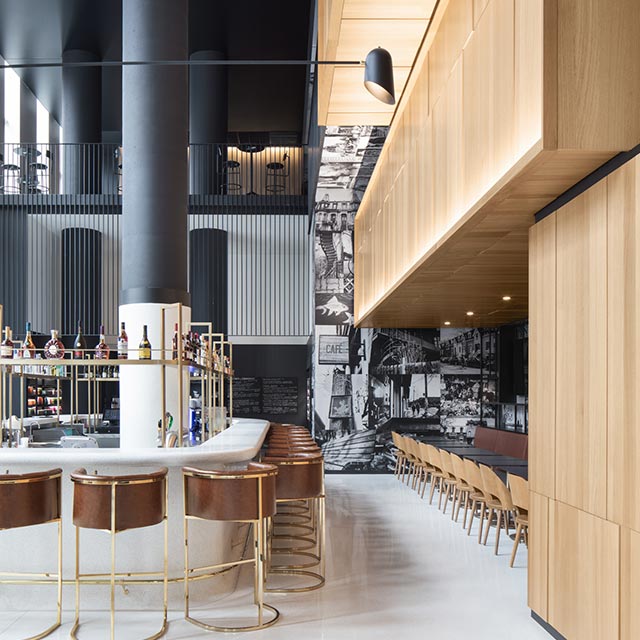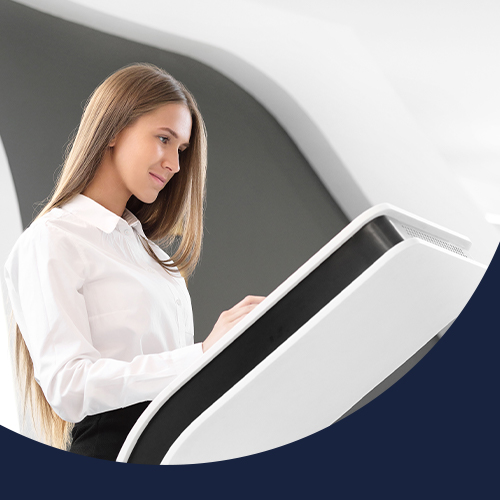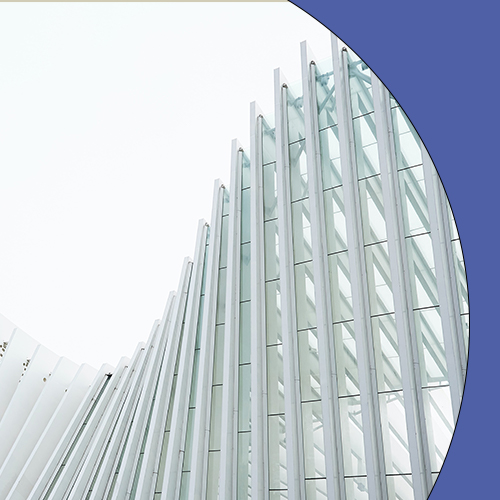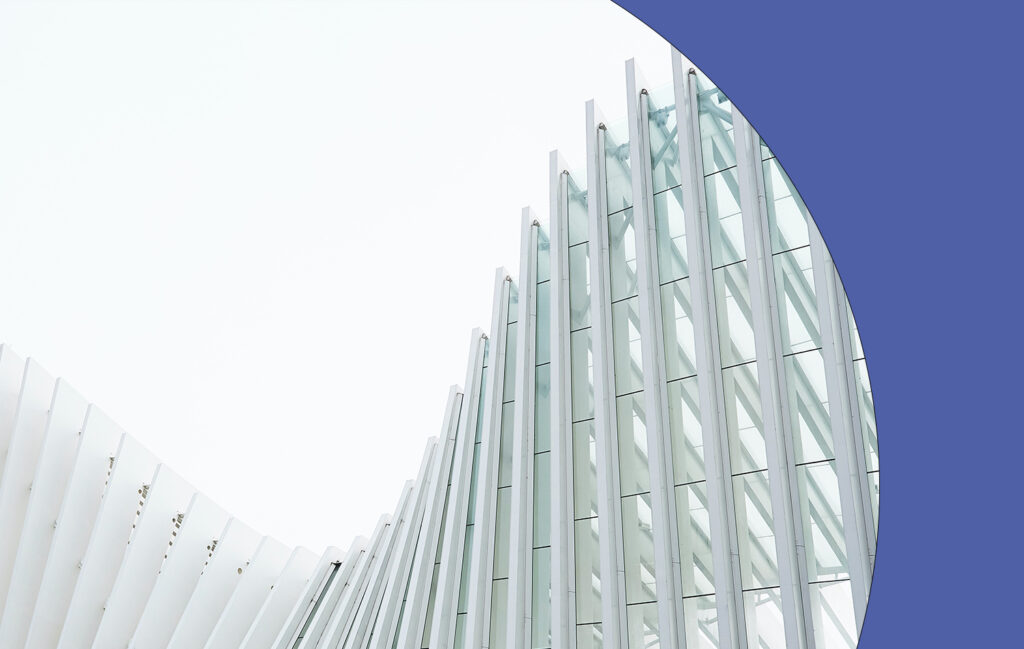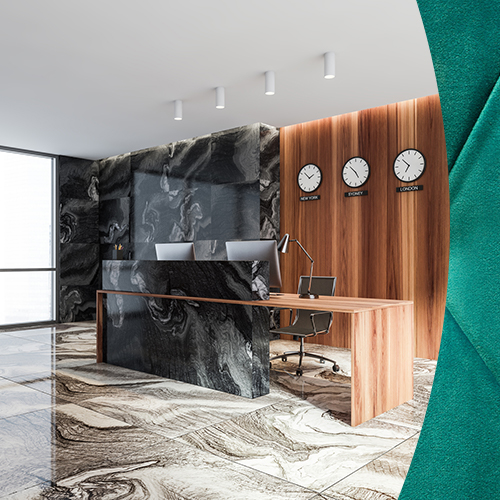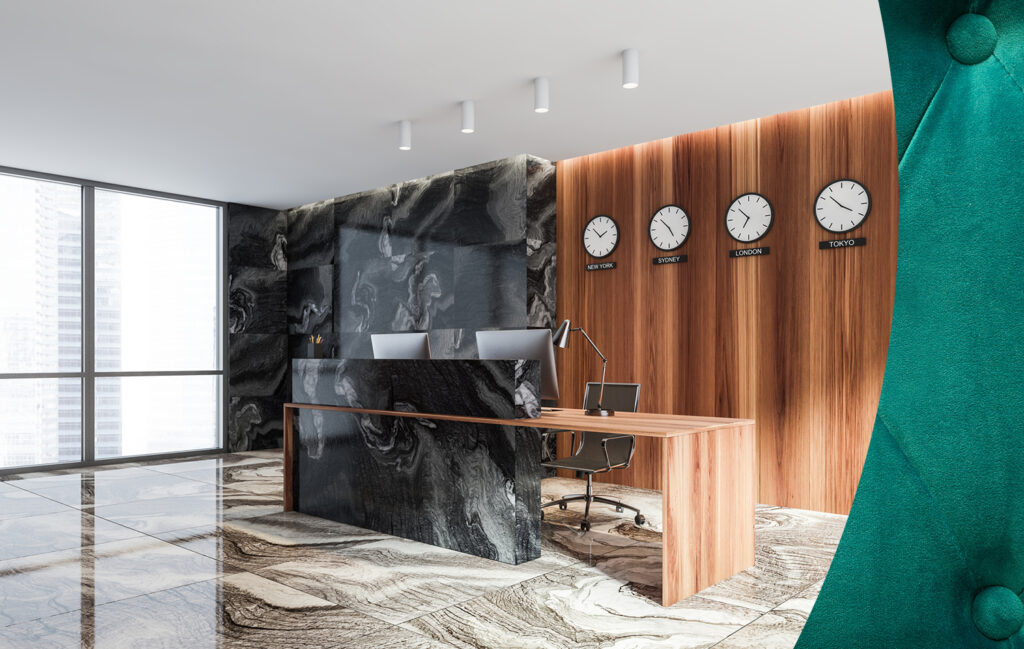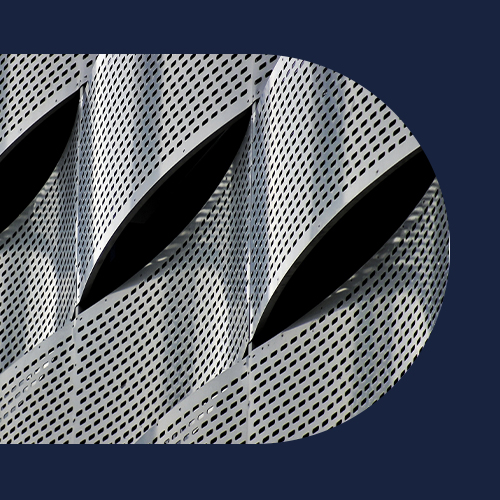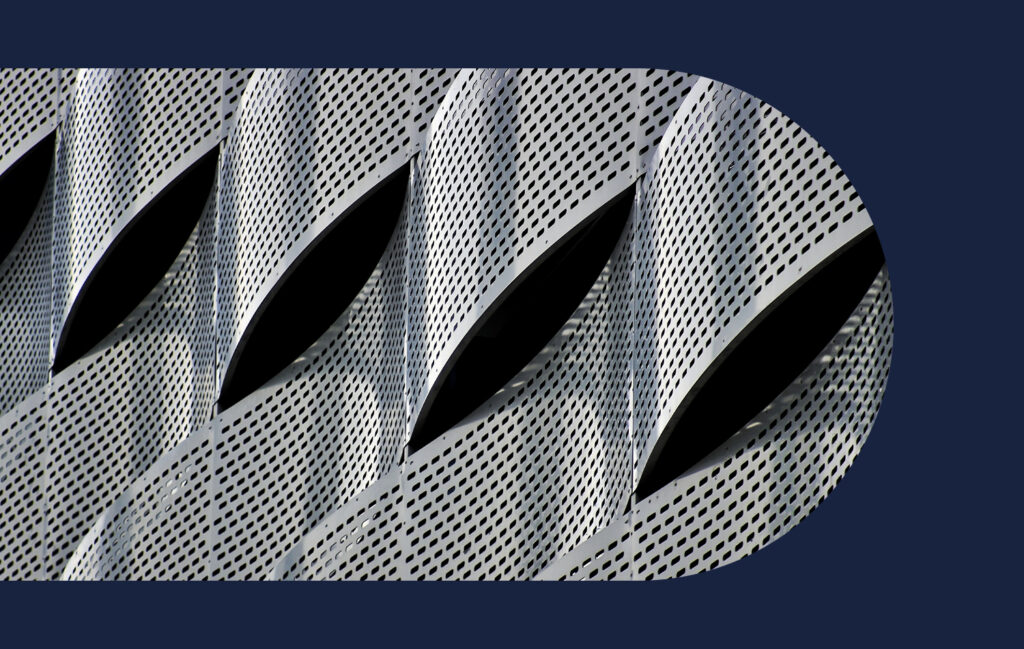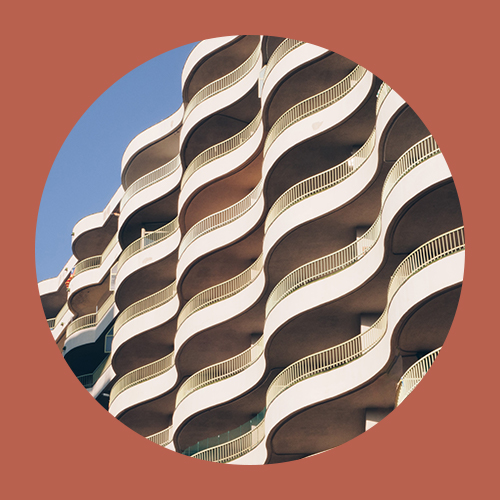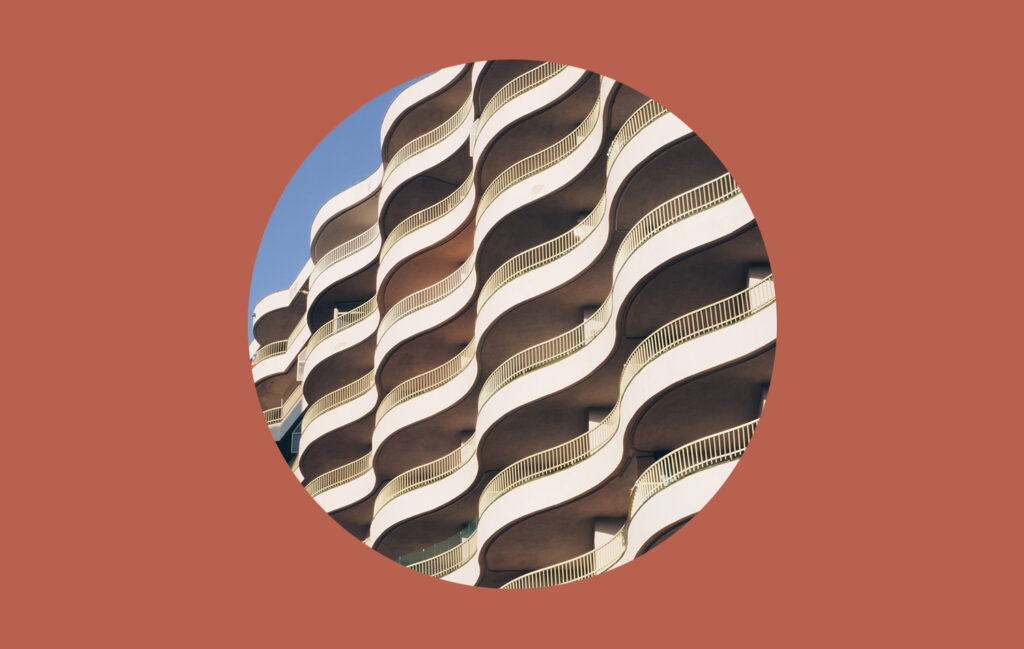We also wish to reduce this frustration during their check-out. When a client is about to leave for an activity, to hit the road, or even to go to a business meeting, we do not want them to wait indefinitely just to give them their bill or to take back their room key.
In the same manner, if a client simply wants to inquire about a particular subject, they can easily become frustrated if they have to wait a long time only to ask a simple question. This kind of customer service problem can significantly impact your client’s satisfaction, which is something we want to avoid. Here is how you can reduce the time spent waiting at your hotel’s front desk.
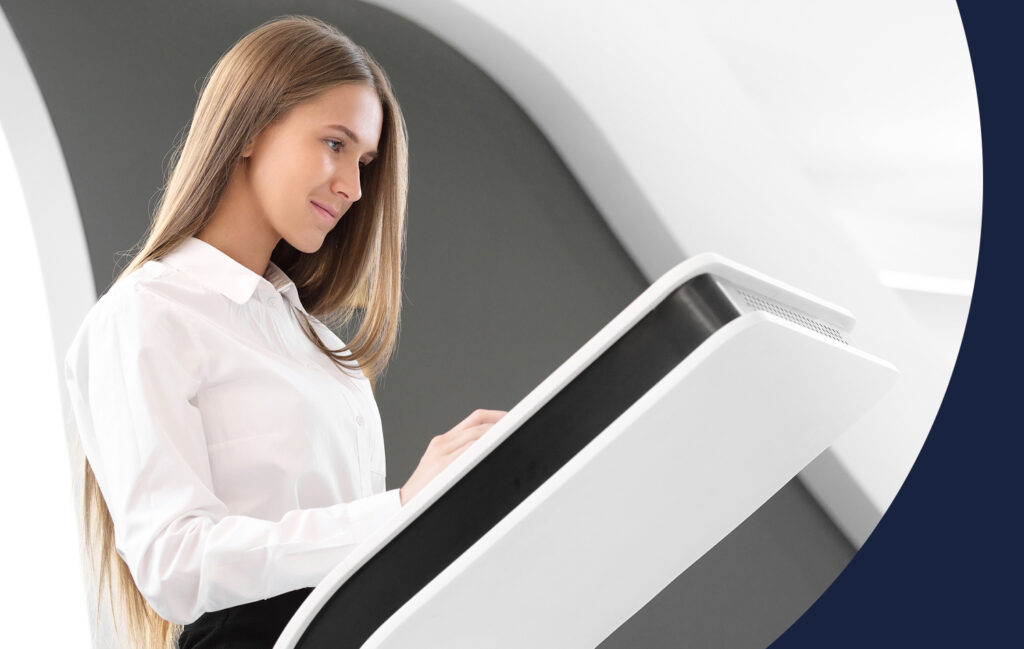
Acquire a simple and effective hotel PMS Software
When your hotel registers a lot of arrivals at the same time, the efficiency and speed at which your hotel software can do so can make a significant difference. It can be an efficiently managed or a frustratingly chaotic for your clients.
Other elements, such as the accessibility of your software, will work in your favour. Your new employees will be able to use it in an efficient manner very quickly, without having to go through extensive training.
A clear sequence of actions requiring very few clicks will allow you to reduce the time needed for your employees to carry out actions within your management software. This will make your employees quick and efficient.
Additionally, the little details of your hotel PMS software, such as clear and visible icons, will allow your employees to rapidly track and recognize these icons on their screen and thus saving precious time.
Finally, many advanced features, such as splitting the bill by percentages according to the number of people will make sharing bills much easier. If a couple wants to split the bill evenly, you can tell your hotel PMS software that 50% of the bill goes to client A and 50% of the bill goes to client B. This automatic split of the bill significantly reduces the amount of time spent on your client’s check-out. Some advanced features also allow you to transfer the part of the bill that has already been charged, such as the package pre-paid by your clients if they book through a distributor, and only bill your client the residual part, by isolating the extras.
Set up check-in and check-out kiosks
In order to reduce your client’s waiting time, you can install check-in and check-out kiosks. These machines allow your clients to check themselves in upon their arrival. They can simply enter their information at the kiosk, and the machine will allow them to pay for their stay, find them a room and then give them their room key. Using these kiosks allows your clients to have the opportunity to go straight to their room without having to go to the front desk. Upon check-out, your client will also be able to use one of the kiosks to finalize their bill and return their room key.
Know your client’s time of arrival
This may seem obvious, but knowing your client’s exact time of arrival can allow you to adjust your staff’s timetable accordingly.
Additionally, by knowing their time of arrival, you can prioritize housekeeping for the rooms whose clients are arriving early. This way your clients won’t come to the front desk to check-in to actually realize that their room is not ready, and that they will wait again later to get their room key. You can thus offer a better service, while maintaining your efficiency.
Offer arrival and departure policies that correspond to your clientele
In order to reduce waiting time for arrivals, you can offer an early check-in for some of your clients for a small fee. This can accommodate your business clients, who usually arrive early.
Other clients can inform you of their late arrival. You can offer them a discount on their room, but, for example, you should warn them that their room would only be ready three hours later than the usual time. Your housekeeping staff will be able to rest by spacing out their house keeping tasks.
In order to cut down the line times at the front desk during check-out, you can offer an early check-out for your corporate clientele who already benefit from a special rate. Businessmen and businesswomen usually need to leave your hotel early, so it can be a significant advantage for them and for you to have this opportunity.
Other types of clientele may also prefer a late check-out, such as families who wish to make the most of your hotel’s activities before they leave. These adjustments will make check-ins and check-outs much easier, while offering a customized service that many of your clients will appreciate.
Have a billing system connected to your hotel PMS Software
By having a billing system connected to your hotel PMS software, you will save time on many different levels.
Upon your client’s arrival, you must carry out a pre-authorization. If your hotel has a billing system connected to your hotel PMS software, this operation will be quickly carried out as you will not have to manually enter information on the payment terminal, as your hotel PMS software will take care of it.
Later when your client checks out they will not have to go to the front desk. You can simply bill your client’s credit card as it will have been registered within your payment terminal. You can then send them their receipts by e-mail, thus creating an express check-out process. You therefore reduce the number of clients who have to line up at the front desk, while keeping your employees available to carry out other tasks.
Train your staff
Your staff’s training is extremely important. A rushed or incomplete training can have a negative impact on the quality of the services within your hotel.
Take the time to clearly explain how your hotel works to your new employees. Make sure they fully understand your hotel’s values and its history. Some details, such as the opening hours of the various services offered by your hotel, must not be left out. It is also valuable to know what is offered in your hotel’s neighborhood, such as some local activities or landmarks. These are some elements which can be of interest to your clients. You should also keep your employees updated with your hotel’s latest features and improvements.
You should also offer some training sessions on your computer system, especially if you have just set up a new hotel hotel PMS software. This will make your employees more comfortable with the new system and will increase their efficiency when the time comes to carry out operations within the hotel PMS software. Your clients will surely appreciate it!
Taking the time to train your employees will pay off in the long run. When a client has a question, your staff will be able to answer it within a respectable timeframe. This will allow you to keep a good image by showing that your staff is skilled and knows how to care for your clients.
By taking on these different practices, the waiting time at the front desk will significantly decrease, while keeping your clients and your staff happy!

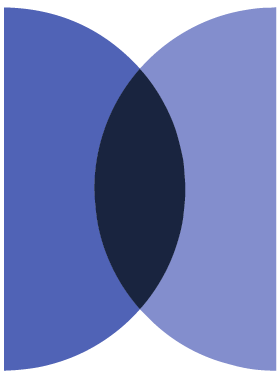 Log in
Log in
